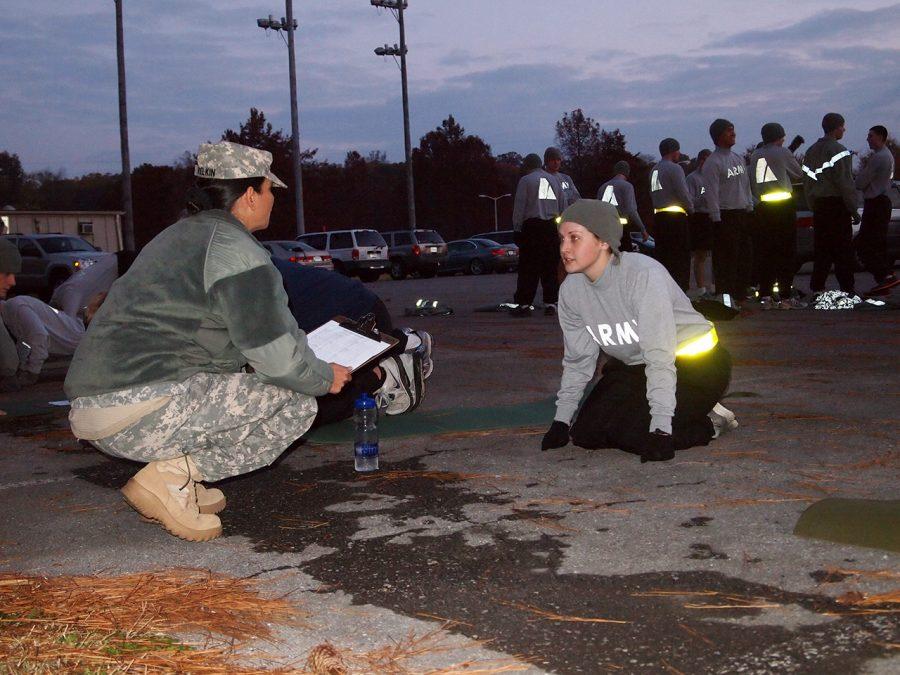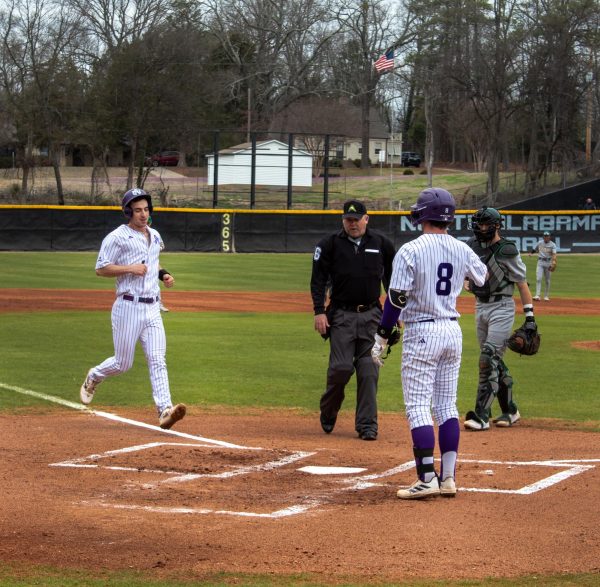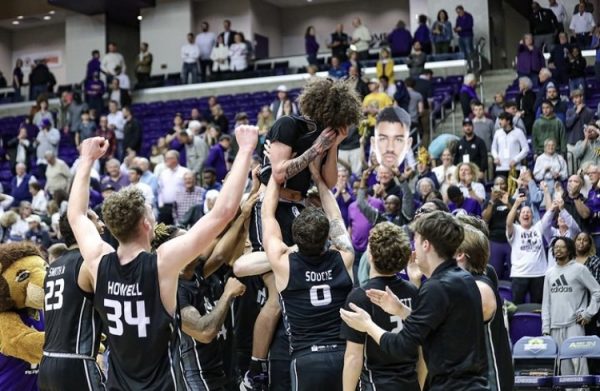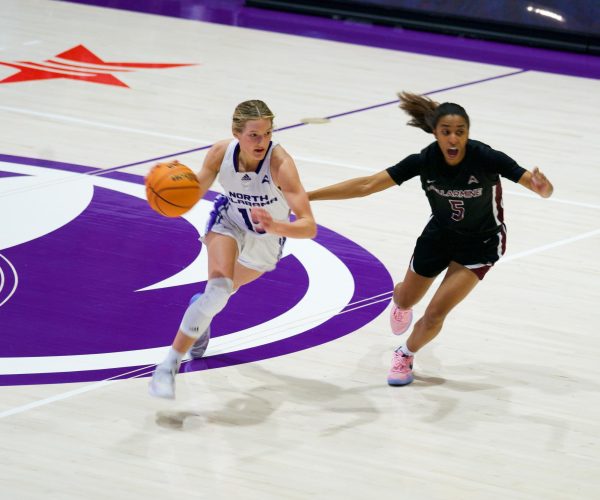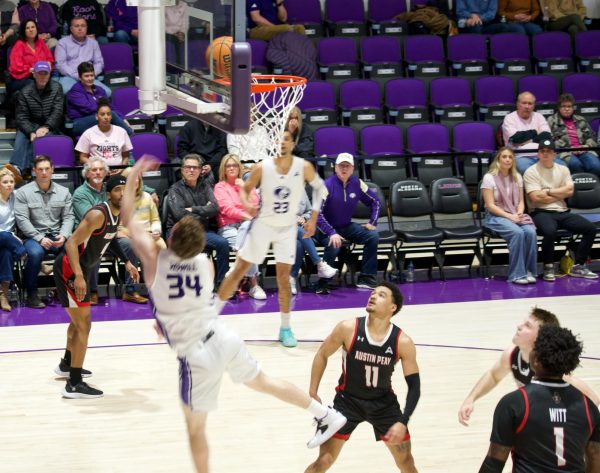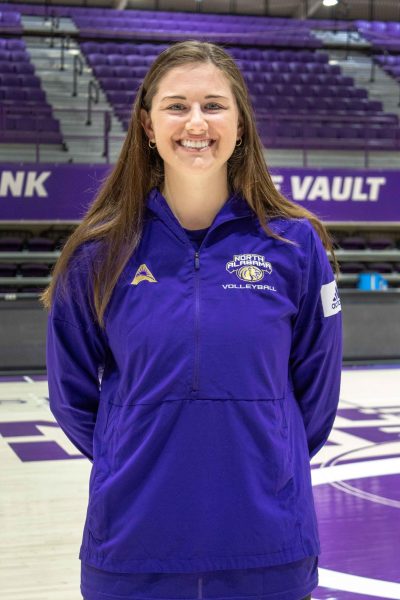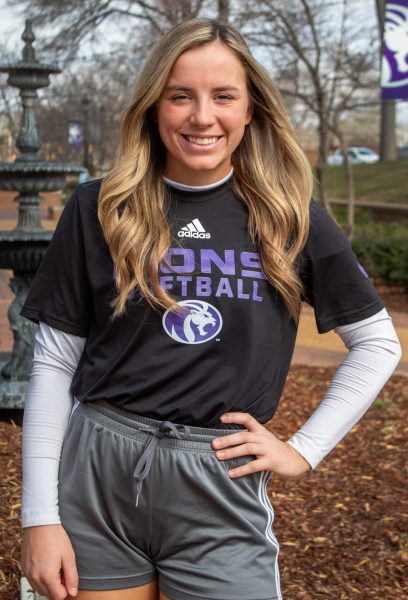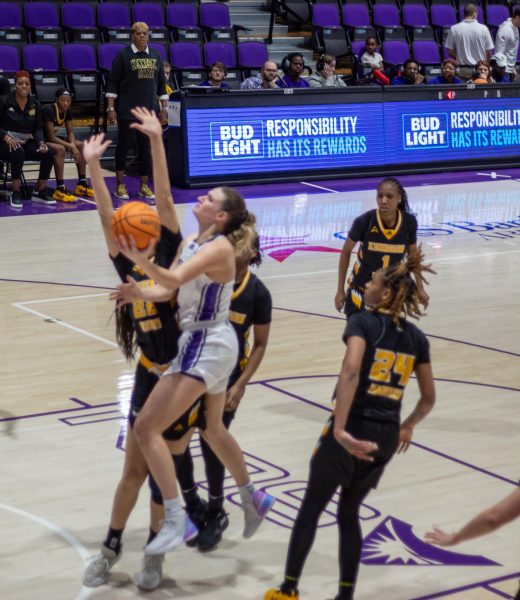Cadets prepare for service, achieve academic success
June 13, 2013
UNA’s Reserve Officers’ Training Corps (ROTC) is aiming to recruit more members for the fall 2013 semester.
“We have one goal: to commission United States Army officers,” said Lt. Col. Michael Snyder, professor of military science. “This university has been doing it since 1948.”
Membership in the ROTC program is a precursor to commissioning as an Army officer.
Students can enroll in the program without obligation to enlist in the Army; however, once they accept scholarships or enroll in the higher level courses of ROTC, they are obligated to commit to military service upon graduation.
Students interested in the program but unsure about the commitment can take basic leadership classes, like the Intro to Leadership course. The course involves labs that follow land navigation and situational decision making once a week, Snyder said.
Freshman and ROTC cadet Joseph Chirella said he based his college selection on the quality of the ROTC program.
“In high school, I joined (Navy Junior) ROTC and fell in love with it,” he said. “I based my college choice on which college would have a great ROTC program. I fell in love with the University of North Alabama’s campus and ROTC program.”
Chirella said his ROTC training helped him to achieve the discipline to study. That learned discipline is one of the big principles Snyder said the ROTC program instills in its members.
“They’ll learn discipline,” Snyder said. “They’ll learn how to manage priorities and time. One of the greatest challenges I think a freshman has is that balancing of priorities. Some of that is what is taught in the freshman classes.”
As of May 2013, the UNA ROTC program held about 62 members, Snyder said.
Of those members, about 20 are traveling abroad or across the U.S. during the summer.
In addition, all of those members are required to maintain a certain GPA and maintain a physical training regimen following the ROTC program’s standards upon returning to campus in the fall.
Senior Frank Kirsopp said the standards upheld by the program help to shape him and his friends into better adults.
“Unlike the normal student, we have to partake in daily physical training and other training events, along with attending our academic classes and balancing a social life,” he said. “How well you perform in ROTC is a deciding factor in our army careers, so I have had to strive to maintain a good GPA on top of other ROTC standards.”
Sam Michaels, also a senior, agreed. He said the time spent with the ROTC program has shaped him into a well-rounded person.
“With how our scholarships work, we get assessed before graduation, and a huge part of our GPA is combined with our physical ability, so you could say we are the total package,” he said.
With the early morning workouts and travelling experience, Michaels said the positives outweigh any of the negatives.
“At times it has been challenging to balance morning workouts and the multitude of training events on top of my classes, but I wouldn’t trade it for anything,” he said. “I think the older generation said it best: ‘Early to bed, early to rise, work like hell and organize.’ I think being in ROTC has shaped me for the better.”


